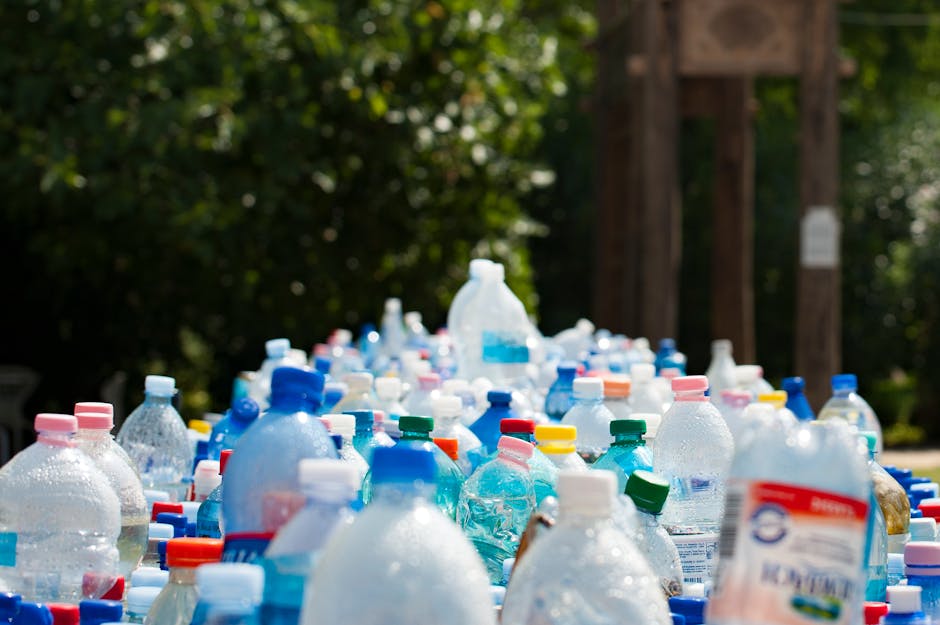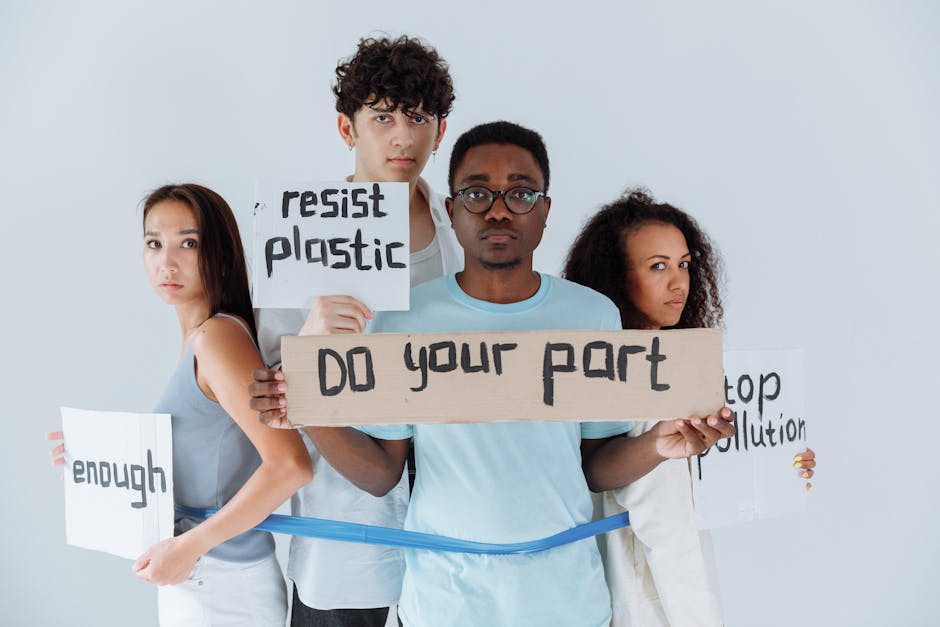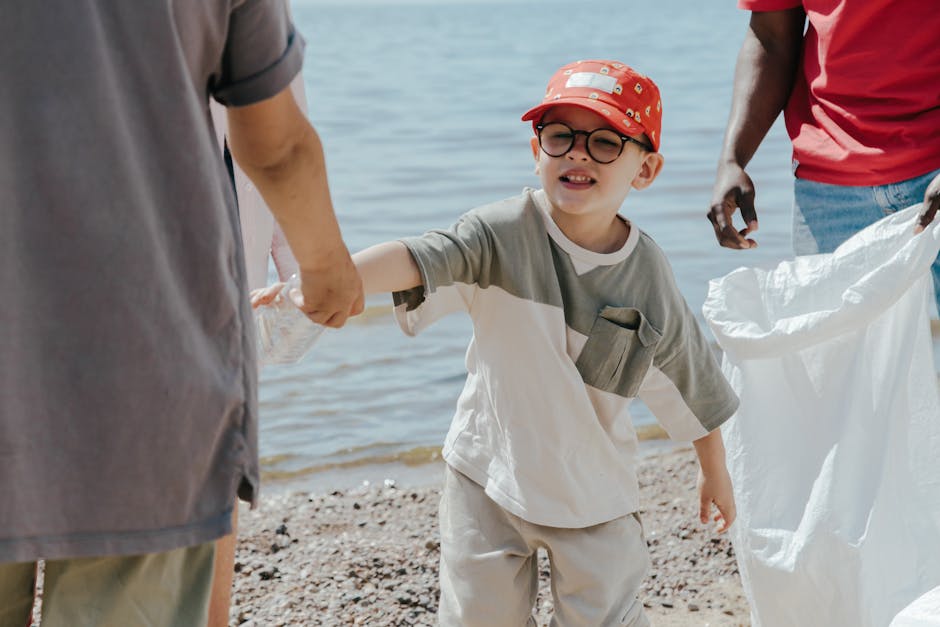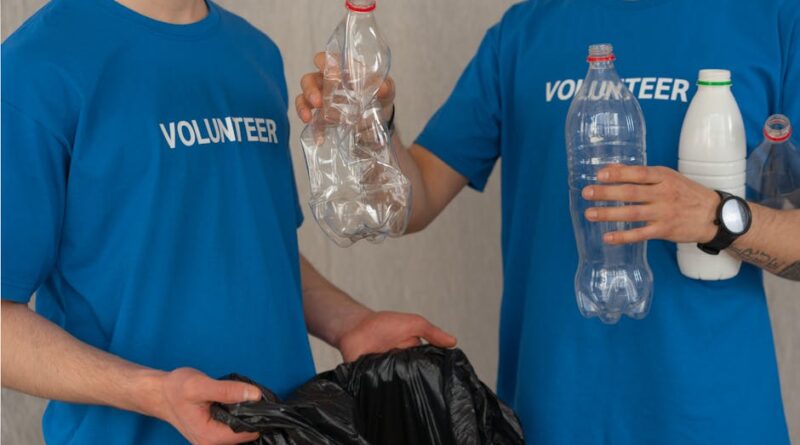How to Reduce Pollution in Your Community
Did you know that air pollution causes over 7 million deaths each year? It’s a staggering statistic that reminds us of the urgent need to take action. But how can we, as individuals and communities, work together to reduce pollution? Heres your guide to making a difference!
Why Should You Care About Pollution?

Pollution affects us all. It harms our health, damages our environment, and reduces our quality of life. When we breathe in dirty air, it can lead to respiratory issues, heart disease, and even cancer. Not to mention, polluted water can harm wildlife and make us sick. Understanding these impacts is the first step toward change.
What Are the Main Types of Pollution?

Pollution comes in various forms. Here are the main types to be aware of:
- Air Pollution: This includes harmful gases like carbon dioxide and particulate matter.
- Water Pollution: Contaminants in our rivers, lakes, and oceans can come from industrial waste, plastic, and chemicals.
- Land Pollution: This happens when pollutants are dumped on land, affecting soil quality and plants.
- Noise Pollution: Loud sounds can disrupt wildlife and affect our mental health.
Each type of pollution has its own sources and effects. Knowing them helps us target our actions effectively.
How Can You Reduce Air Pollution?

Air pollution is a significant concern in many cities. Here are some simple ways you can help reduce it:
- Walk or Bike: If your destination is close, consider walking or biking instead of driving. It cuts down on vehicle emissions.
- Carpool: Share rides with neighbors or co-workers. Fewer cars on the road mean less pollution.
- Use Public Transport: Buses and trains are more efficient and produce less pollution per person than cars.
- Support Clean Energy: Advocate for renewable energy sources like wind and solar. They produce little to no air pollution.
These actions not only help the environment but can also save you money on fuel and parking!
What About Water Pollution?

Protecting our water sources is crucial. Here are ways to reduce water pollution in your community:
- Dispose of Waste Properly: Never dump chemicals or oils down the drain. Use designated disposal sites for hazardous waste.
- Reduce Plastic Use: Opt for reusable bags and bottles. This cuts down on plastic waste that often ends up in rivers and oceans.
- Keep Storm Drains Clean: Pick up litter and debris around storm drains to prevent it from washing into waterways.
- Plant Trees: Trees help absorb rainwater and reduce runoff, keeping our water cleaner.
Even small changes in daily habits can have a big impact on water quality.
How Can You Combat Land Pollution?
Land pollution is often overlooked, but it’s just as important to address. Here are some tips:
- Recycle: Make sure to recycle paper, glass, and plastics. This reduces the amount of waste sent to landfills.
- Compost: Turn food scraps into nutrient-rich compost instead of tossing them in the trash.
- Participate in Clean-up Events: Join local clean-up days to help remove litter from parks and streets.
- Support Local Farms: Buying local reduces transportation emissions and encourages sustainable farming practices.
Taking care of our land helps preserve it for future generations.
Can You Help Reduce Noise Pollution?
Noisy environments can be stressful and harmful. Heres what you can do:
- Be Mindful of Volume: Keep music and conversations at a reasonable level, especially in public places.
- Use Quiet Equipment: Choose quieter appliances and tools when possible, like electric lawn mowers.
- Plant Trees: Trees act as natural sound barriers, reducing noise from streets and traffic.
Small adjustments in our daily lives can create a quieter, more peaceful community.
How Can Your Community Get Involved?
Community action is powerful. Here are some ways your community can come together to combat pollution:
- Organize Workshops: Host events to educate residents about pollution and sustainable practices.
- Start Clean-Up Campaigns: Regularly clean up public spaces to keep them litter-free.
- Create Community Gardens: Encourage green spaces that promote biodiversity and produce food.
- Advocate for Policy Changes: Work with local government to enforce stricter pollution regulations.
Building a sense of community not only strengthens efforts against pollution but also fosters a supportive environment for change.
What Can Local Schools Do?
Schools play a crucial role in shaping the next generation. Heres how they can help:
- Incorporate Environmental Education: Teach students about pollution and sustainability in the classroom.
- Encourage Eco-Friendly Practices: Promote recycling programs and waste reduction efforts in schools.
- Organize Field Trips: Take students to local parks or clean-up events to inspire hands-on learning.
By engaging students, schools can create a culture of environmental awareness.
What Are Some Misconceptions About Pollution?
Many people have misconceptions about pollution. Here are a few common ones:
- Only factories cause pollution. While industry is a significant source, everyday actions also contribute.
- Pollution is someone elses problem. Everyone can make a difference, no matter how small.
- it’s too late to change. Every effort counts, and change is always possible!
Understanding these misconceptions helps empower us to take action.
What Are the Benefits of Reducing Pollution?
Reducing pollution comes with many benefits:
- Health Improvements: Cleaner air and water lead to better overall health.
- Economic Savings: Reducing waste can save money for individuals and communities.
- Enhanced Biodiversity: A cleaner environment supports a wider variety of plants and animals.
- Stronger Communities: Working together fosters a sense of pride and connection.
The benefits are clear. Taking steps to reduce pollution can create a healthier, more vibrant community.
How Can You Get Started Today?
Ready to make a difference? Here are some simple steps to get started:
- Assess Your Habits: Take a day to notice where you might be contributing to pollution.
- Make a Plan: Choose one or two changes you can implement this week.
- Get Others Involved: Share your goals with friends and family to inspire them.
Every little action counts. Start small, and youll be surprised at how quickly your efforts can grow!
Conclusion: Take Action for a Cleaner Future
Reducing pollution is a team effort. Each of us has a role to play in creating a cleaner, healthier world.
By being proactive and encouraging those around us, we can make lasting changes in our communities. Remember, the future depends on what we do today!
For more information on pollution and it’s effects, check out the World Health Organization’s resources on air quality: WHO – Air Quality and Health.
Join the movement and start making a difference in your community today!



